Taipei 'won‘t start war with China but will defend itself full on if attacked'
Chinese Taipei has ruled out the possibility of starting a war with China but stressed it will defend itself "full on" if attacked, as tensions between the two sides continue to escalate after a record number of Chinese fighter jets flew into the self-ruled island's self-designated air defense zone.
Taipei's defense minister Chiu Kuo-cheng made the remark at a parliamentary committee meeting on Thursday, saying what was clearest was that Taipei "absolutely will not start or set off" a war with China, "but if there are movements, we will meet the enemy full on."
The comments came after China flew 150 planes over Taipei's self-designated air defense identification zone in the first five days of October. Taipei's defense ministry described the show of force as an "incursion."
Chiu said that Chinese fighters had later stayed away from Taipei's "airspace" and were concentrating their activity near China's coast.
"Their aims are on the one hand to pressure Taiwan, and on the other to say to everyone else we have the ability to scare away and obstruct foreign military forces from getting involved," he said.
Earlier in the day, Taipei's defense ministry warned China of strong countermeasures if its forces got too close to the self-governed island.
Chiu said last week that China already had the ability to invade the self-ruled island but would be completely prepared to mount a full-scale invasion by 2025. He described the current situation as "the most serious" in the more than 40 years since he joined the military, adding that there was a risk of a "misfire" across the strategic Taiwan Strait.
China considers Chinese Taipei a breakaway province that should be reunited with the mainland. Under the "One China" policy, almost all world countries recognize that sovereignty.
Beijing also opposes other countries pursuing ties with the self-ruled island and has consistently warned against engagement with Chinese Taipei.
China has in the past said its military exercises near Chinese Taipei are a "solemn warning" to secessionist factions in the self-ruled island and their foreign backers, particularly the United States.
The president of Chinese Taipei, Tsai Ing-wen, has vowed to bolster the island's military capabilities in the face of what she has called China's attempt to "compromise its sovereignty."
The US is the island's largest weapons supplier and an avid backer of its secessionist president.
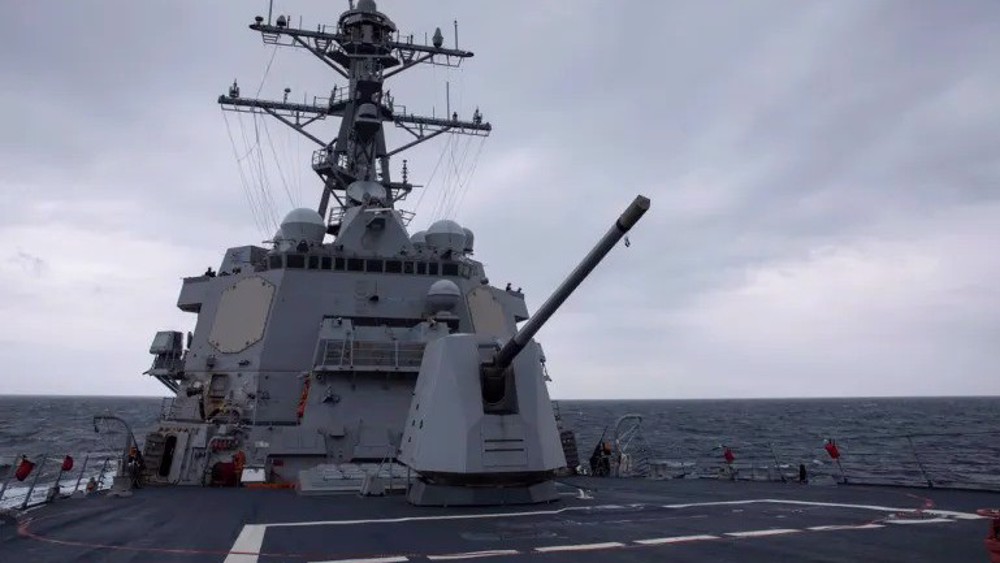
US makes debut passage through Taiwan Strait under Trump's new administration
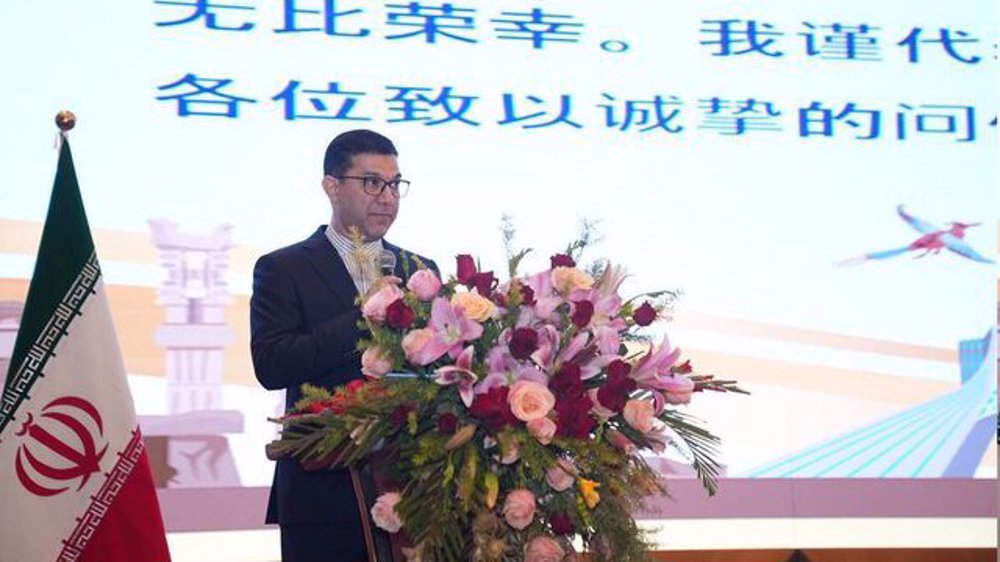
Iran, China pursuing 'new era' of strategic interaction: Diplomat
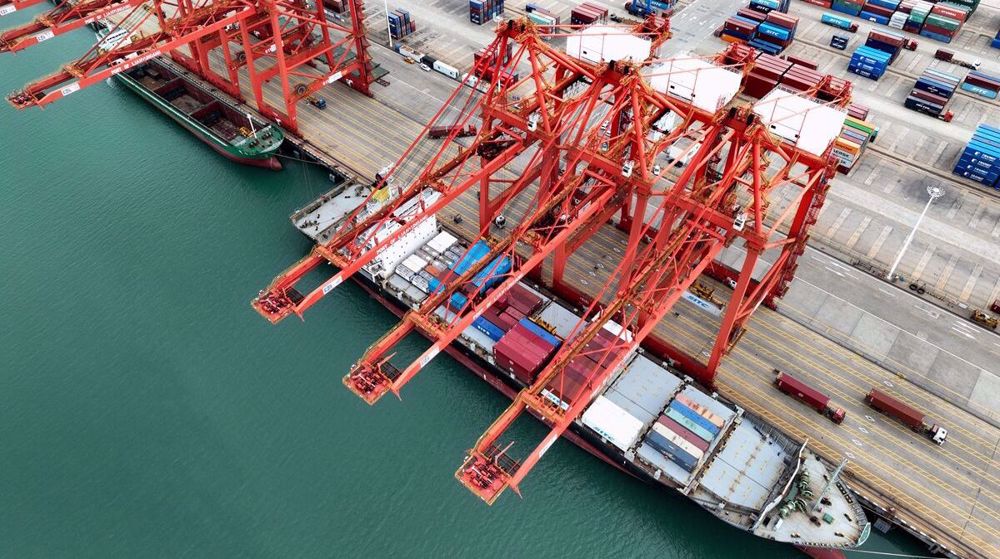
China launches WTO dispute over Trump tariffs
Iran slams US allegations against Tehran concerning Syria, condemns sanctions, Israeli violations
Iran condemns litany of hostile US actions, calls out Washington's hypocrisy
Egypt, Jordan urge ‘unity’ on Gaza, rebuilding without relocation
Putin talks Russia-Syria cooperation in first phone call with Jolani
Hamas rejects US-Israeli 'threats' on captive exchange
Iran’s oil output up nearly 13% in 2024: OPEC data
Fate of Israeli captives depends on Netanyahu's actions: Islamic Jihad
VIDEO | Gaza ceasefire on brink of collapse


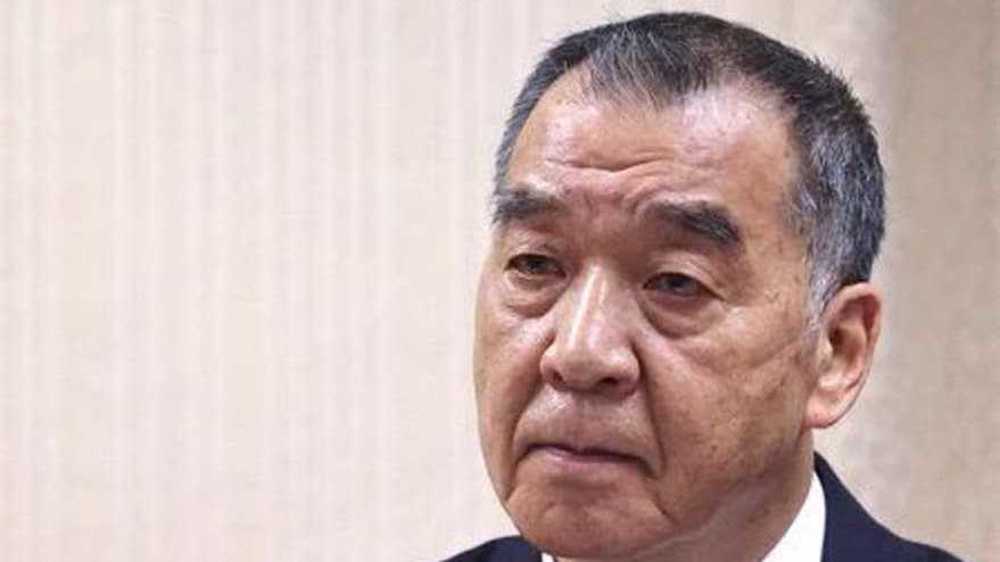
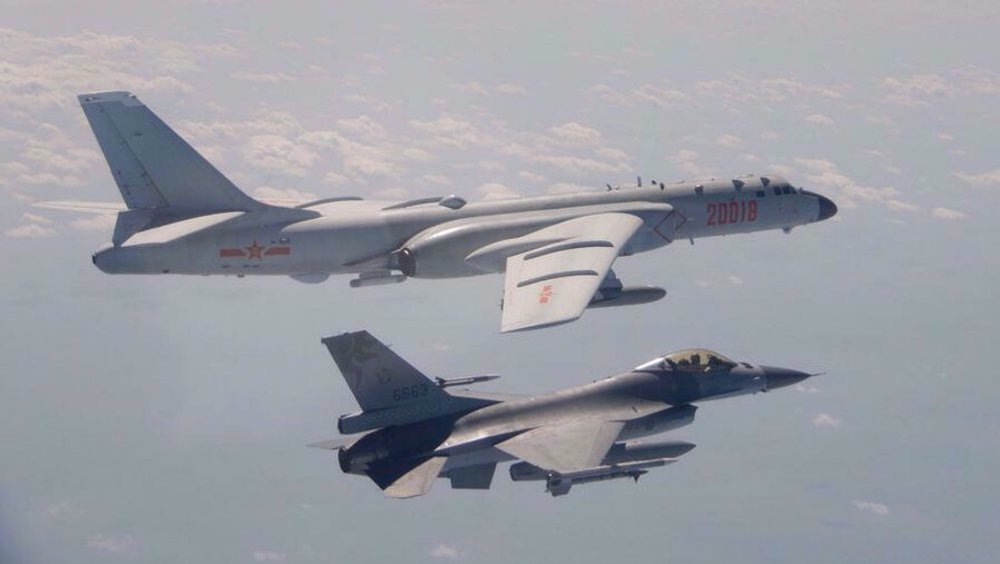
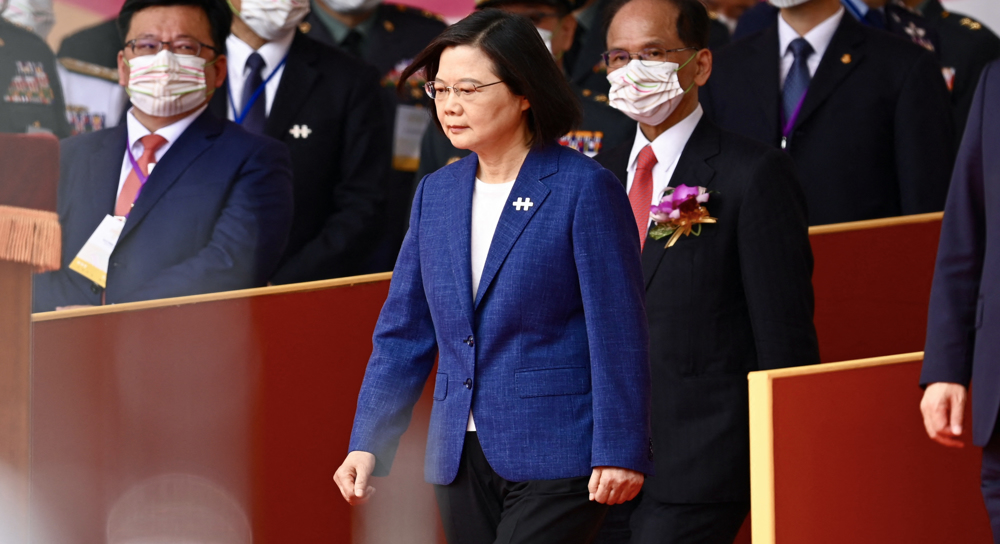



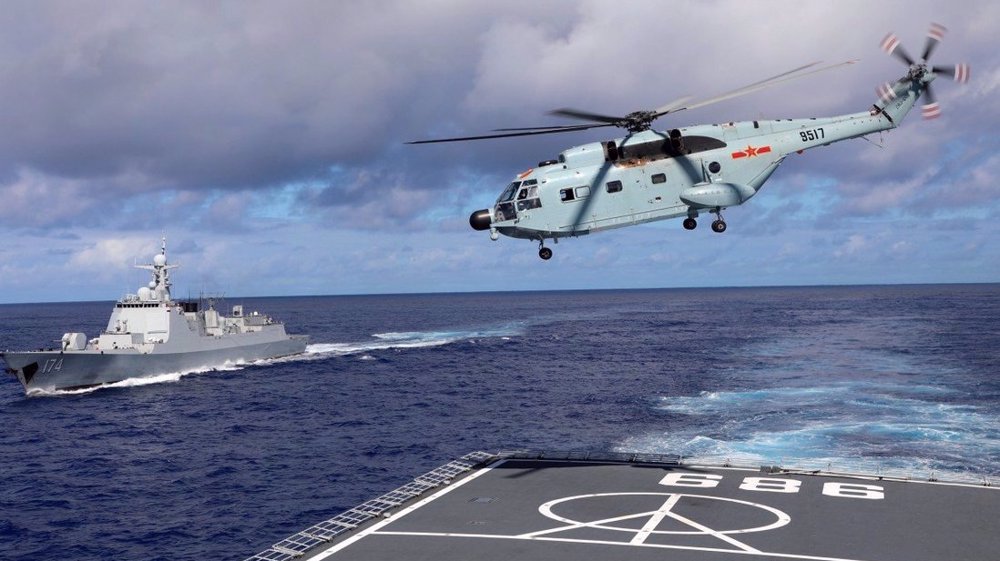
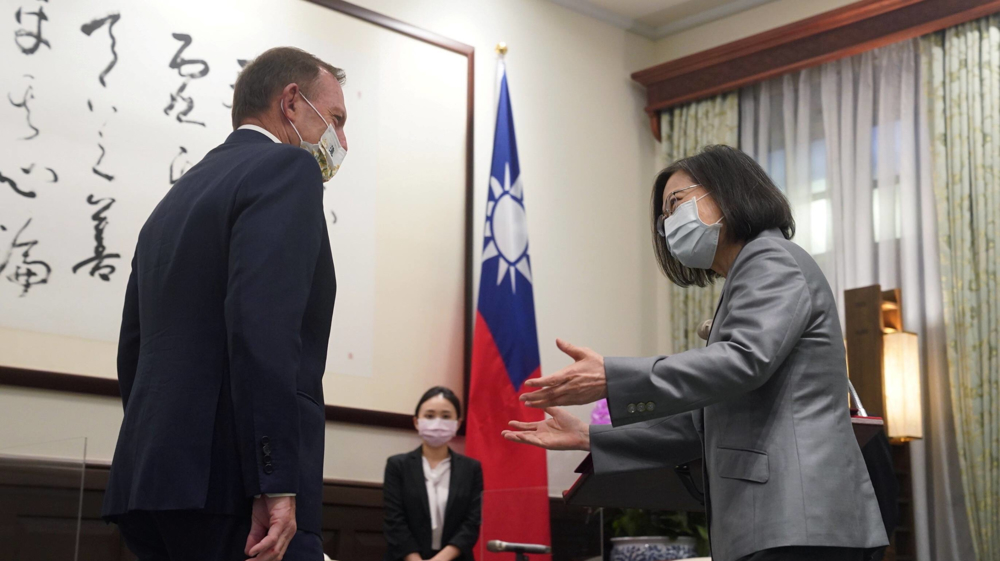
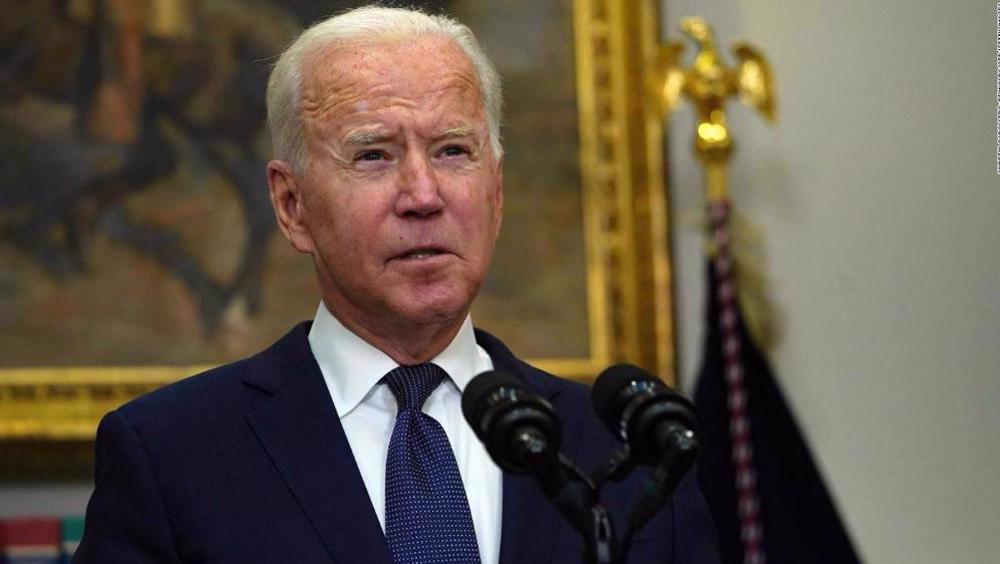
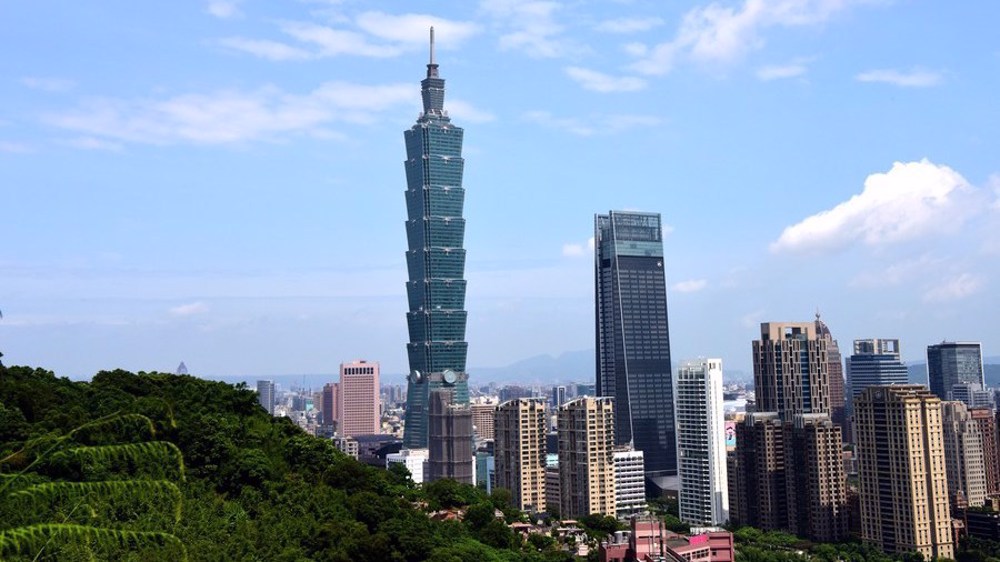

 This makes it easy to access the Press TV website
This makes it easy to access the Press TV website